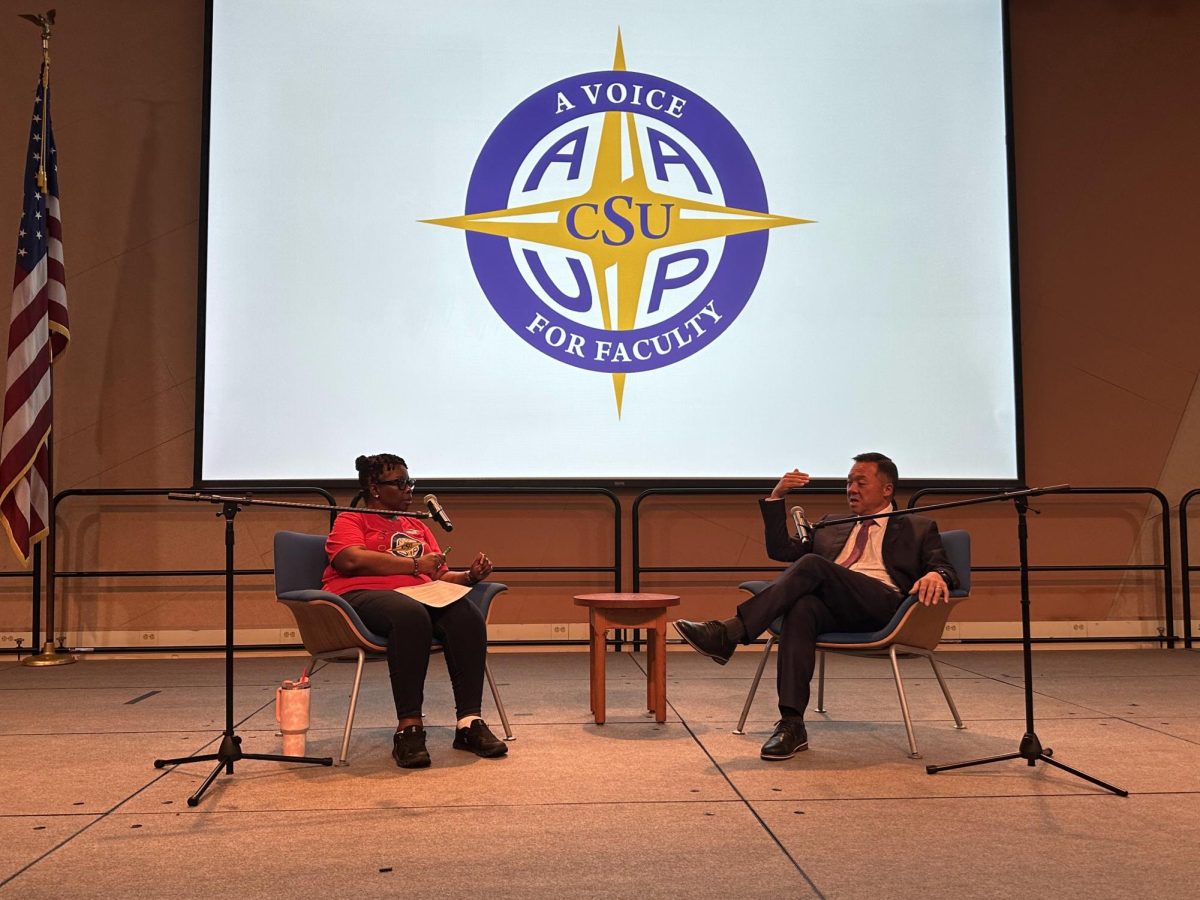By David Whitney
With the semester rapidly coming to an end and summer right around the corner, CCSU students are preparing for their final exams. Some students take the traditional route of studying hard to understand the material they’ve been taught all semester, while others struggle in the classroom and often look for remedies to help with the problem.
Attention Deficit Disorder and Attention Deficit Hyperactivity Disorder are often controlled with a medication known as Adderall and it only can be issued to students from a doctor.
“[ADD] is a real condition and when left untreated there are some serious side effects,” said Dr. Christopher Diamond, director of health services at CCSU.
Diamond explained that Adderall changes a person’s personality. There’s a central impulse control center in every individual that controls how we think; if it is tired or becomes suppressed, it ends up spinning out of control. The end result is a mind that wanders away from the book, diminishing a student’s ability to learn.
“What this medication does is it wakes up that control center, allowing you to focus,” Diamond said.
Still, Diamond says that the drug is “widely overused” and warns Adderall users to strictly stay on the dose prescribed by their physician.
“I don’t fall in those bad areas,” said CCSU student Jeff Mundy. The 25-year-old, who has admitted taking adderall since the beginning of this semester, also claims that the drug works.
“I used to not be able to stay focused in the classroom,” said Mundy, “but now I’m fine.”
Mundy said that he takes the appropriate amount of 20 mg, or one pill, per day, and has a prescription from his doctor. Other students use Adderall without a prescription, but none were willing to talk openly to The Recorder about their use of the drug.
Some students are completely against Adderall and many drugs like it.
“I think medication for ADHD should be a last resort,” said junior psychology student Alissa Philopena. “My brother has ADHD and knows how to manage it. He’s never touched [Adderall] and he’s doing fine. He finds other ways to remedy the situation.”
She says her brother, who’s also in college, practices athletics and uses stimulant therapy to help fight his condition. Although against adderall usage, Philpeno said she respects the idea of appropriate dosage and guidance from a doctor.
Unfortunately, the truth is that many students do not use the drug as prescribed. Dr. Carolyn Fallahi, a psychology professor at CCSU, says that she has seen the overuse of Adderall firsthand.
“I was a therapist for over 20 years and I saw children commonly overuse it,” said Fallahi.
ADHD has different types, which include inattentive, hyperactive-impulsive and combined type. “The hyperactive type, we see children are more likely to do drugs, be more implosive and even more likely to get into criminal activity,” Fallahi said.
Fallahi agreed that Adderall works when used appropriately, but added that side effects such as depression and irritability are often associated with the drug and stimulant therapy. She recommended that any students that have trouble concentrating visit health services for a consultation.
Dr. Robert Reynolds, who operates a clinic in Middletown, challenges the view that medicine is always better. Reynolds instead replaces pills with intervention.
“The first approach we can take is counseling, but this rarely effective, especially with younger people,” says Reynolds.
Reynolds says one step is to use a “coaching approach,” because when a patient is younger, they don’t fully understand what’s wrong them until they get older.
“What I perform at my clinic is a test called the EEG Neurofeedback. An individual is hooked up with a brain cap and they’re put in front of a screen where they play a video game,” Reynolds said.
This video isn’t controlled by their hands on a joystick, but it’s actually controlled by the waves their brains make.
“If they’re paying attention while watching the game, it’ll play faster,” said Reynolds. “If they start watching and it slows down or even stops, then we know what we can do to help them.”
On average, the entire process takes a couple of months. Reynolds says the effectiveness of the procedure always generates positive results.
“I think more parents nowadays are looking for more alternatives than medicine,” Reynolds concluded.
Reynolds denied being against medication and respected Diamond, along with the entire CCSU health service staff and the work they do. He also said that college students, more than anyone else, were the ones that tended to overuse Adderall.
Diamond explained that if any person thinks they have a problem, there’s a series of questions, along with help from the rest of the CCSU health staff, that can help find the appropriate next move. “We all have a little ADD at times but the key word is here is disorder,” Diamond said.
In the past, Diamond has performed blind trials to see if medication like Adderall is the right drug to use. He has found that not everyone needs it but there’s still many that do; the most important thing was to find the right amount.
Diamond said that some people can have difficulties with medication and need monitoring, while others benefit from responsible prescribing and ongoing medical treatment.
“When someone is trying to dig a ditch, you help them by giving them a shovel,” said Diamond. “Medication can provide that for [some] people.”
[Home page photo illustration by David Whitney]






